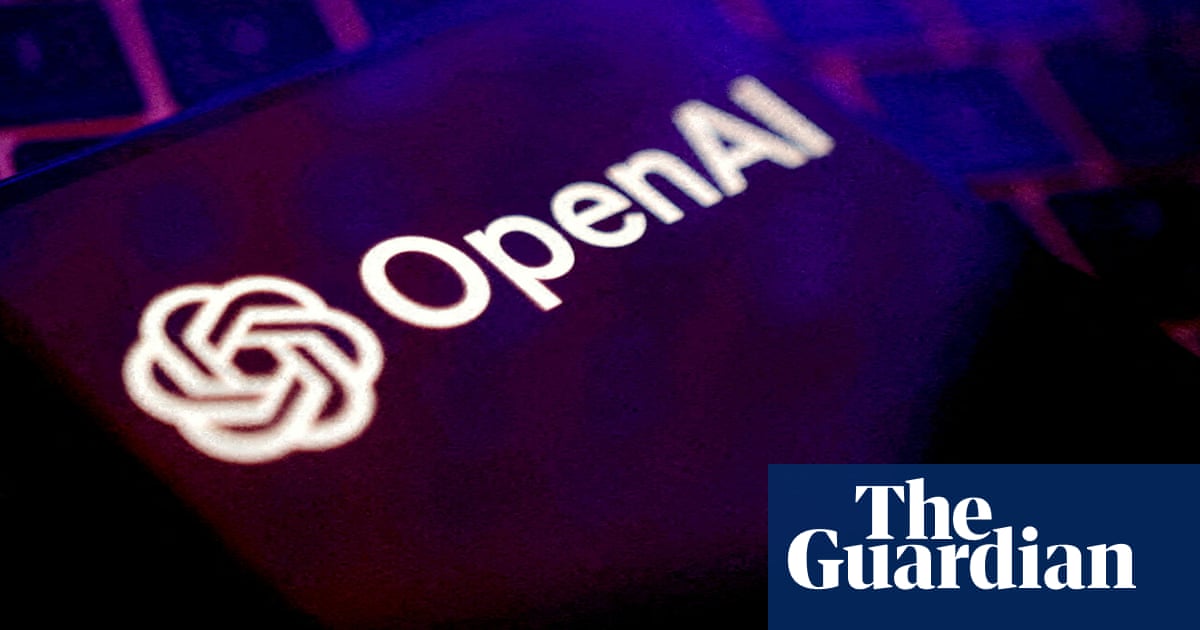Copyright Lawsuits from US Authors Against OpenAI and Microsoft Merged in New York Alongside Newspaper Cases

Consolidation of Copyright Cases Against OpenAI and Microsoft
A significant development in the ongoing copyright lawsuits against OpenAI and Microsoft has occurred. Twelve cases have been consolidated in a New York court, even though many plaintiffs, including authors and news organizations, expressed strong opposition to this centralization.
Reasons for Consolidation
The U.S. judicial panel responsible for managing multiple-related lawsuits decided to consolidate the cases to facilitate better coordination. The panel noted that centralization will enable one judge to oversee discovery, streamline pretrial activities, and reduce the chances of inconsistent judicial decisions.
Prominent authors, such as Ta-Nehisi Coates, Michael Chabon, Junot Díaz, and comedian Sarah Silverman, filed lawsuits in California but will now have their cases heard together with those filed by various media outlets, including the New York Times. Other notable authors involved include John Grisham, George Saunders, Jonathan Franzen, and Jodi Picoult.
Arguments from Plaintiffs
While the consolidation aims for efficiency, most of the plaintiffs argued against it, maintaining that their cases vary significantly and should be treated individually. The panel, however, countered this argument by stating that all cases revolve around similar factual issues. They emphasize allegations that OpenAI and Microsoft utilized copyrighted materials without permission to train their large language models (LLMs), which are foundational to their AI products like OpenAI’s ChatGPT and Microsoft’s Copilot.
Location and Logistics of the Cases
OpenAI had initially suggested consolidating the cases in Northern California, which would have been more convenient for some plaintiffs. Nonetheless, the judicial panel ultimately decided on the Southern District of New York, asserting that centering the lawsuits here would benefit all parties involved, including witnesses. The panel further indicated that given the complex nature of the technology involved, there would likely be overlapping expert testimonies across the various cases.
Fair Use Defense
One of the primary defenses presented by tech companies like OpenAI revolves around the idea of "fair use." This legal doctrine allows for the unauthorized use of copyrighted material under specific conditions. An OpenAI spokesperson welcomed the consolidation and expressed confidence that the company would successfully demonstrate in court that their models are trained on publicly available data, which is compliant with fair use and fosters innovation.
Additional Legal Actions
Several of the prominent authors pursuing actions against OpenAI have also filed lawsuits against Meta for copyright infringement related to its AI training practices. A notable court filing from January involved claims that Meta’s CEO, Mark Zuckerberg, authorized the use of a controversial "shadow library" known as LibGen, which contains over 7.5 million books.
Recently, authors gathered outside Meta’s London offices to protest against the company’s use of copyrighted texts for AI training. Demonstrators held signs with messages like “Get the Zuck off our books” and “I’d write a better sign but you’d just steal it,” highlighting their frustrations regarding copyright issues in the digital age.
Other AI Developments in the Publishing World
In related news, Amazon announced an upcoming feature for its Kindle devices called “Recaps.” This feature will utilize AI to generate summaries of books and storylines, helping readers catch up on previous installments in a series. While this aims to enhance the reading experience, some users on Reddit have expressed concerns about the accuracy of AI-generated content.
Furthermore, in the UK, government discussions regarding copyright laws are ongoing. There are concerns that new regulations could allow AI companies to train their models using copyrighted works without explicit consent from rights holders, raising significant implications for authors and creators.
The landscape of copyright laws and technology, particularly concerning AI, continues to evolve. As more cases unfold and technology advances, the legal implications for authors, publishers, and tech companies will remain a point of significant interest and debate.





